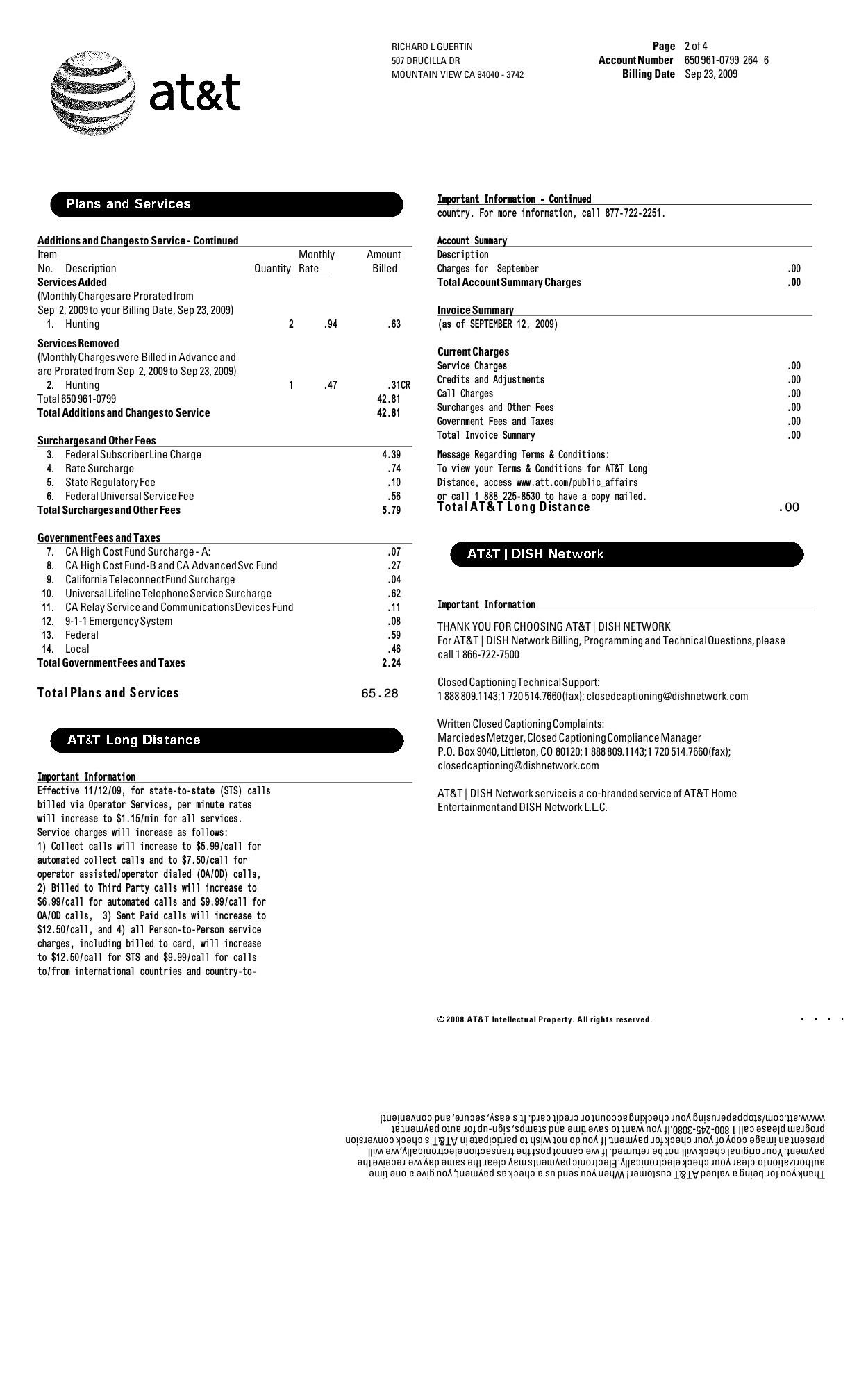
He killed their chief Kiterangi on account of that curse. He then went out of the block and returned to Kopu when he was again cursed by the same people. He was cursed by the descendants of Mahanga. 150 Hemi explained how Te Rarawa came to live at Maraehara: Rarawa went to Kopu block. His hapu for Maraehara were Ngati Hokopu and Te Whanau a Te Whare. Mereana Waipauhu subsequently advised that she had joined with Paora s claim Hemi Tapeka gave evidence in support of his claim first. After some discussion, it was agreed that the Court would hear the following claims in opposition to the claimants: Hemi Tapaka Mereana Waipauhu Pineaha Koia Kooti Pakura Hakaraia Mauheni Wi Keiha Paora Haenga 159. In addition, Mereana Waipauhu asked to set up a claim for Te Whanau a Te Putangarongo through Putangarongo. The Court adjourned the hearing for a few days to allow the representatives of each kinship group to negotiate arrangements regarding their claims The hearing resumed a few days later but little progress had been made in consolidating the claims. Finally, Paora Haenga appeared for Te Whanau a Whakaohonga and claimed part of the block by conquest of Whakaohonga. He acknowledged it was connected with the claim set up by Neho Kopuka. The portion of Maraehara which he claimed was held by his people under a gift from Kautaharua to Whakaohonga. Paratene Ngata represented Te Whanau a Karuwai and claimed part of the block through conquest by Muariki and Kautaharua. It was only those who were associated with the eventĢ 94 Karaka Puaiare claimed the entire block for Te Whanau a Te Rarawa by ancestry from Hinepare. Whanau a Whaita were named Hokopu because Tuakurangi was sold for guns. Both he and Enoka Rukuata belonged to that hapu. However, Piripi Rairi told the Court, during the Kautuku hearing, that Ngati Hoko lived at Wairingia and were previously known as Whanau a Whaita. Tuawhiorangi, a son of Hihi, Pakura s older brother, was after the fight at Wharekura sold by Whanaua-Apanui for a gun.

Hokopu means sold for a gun, and it perpetuates an incident in the history of the hapu. 148 Mere 143 Waiapu Native Land Court Minute Book 14, 20 August 1891, fol ibid., fol ibid., 27 August 1891, fol ibid., fol ibid., 3 September 1891, fol Reweti Kohere stated he ancient name of the hapu is Whanau-a-Rerewa, which I would readily revive. 146 Wiremu Keiha s claim was very similar to Pineaha s Te Kooti Pakura appeared on behalf of Mohi Turei for Ngati Hokopu and claimed an interest through a gift from Rangimatemoana to Mokena and his children. Hakaraia subsequently added that Porou was a descendant of Hinepare who married Te Rangikawhaiao who was a descendant of Uenukukahutia. 145 He only claimed a portion of the block. Pineaha Koia descended from Uenukukahutia and gave a whakapapa for this land which showed his ancestor was the child of Rongomaianiwaniwa and grandchild of Porourangi. Pineaha Koia represented Te Whanau a Mokopuna o Uenukukahutia and claimed part of the block through Uenukukahutia. Peta Raroa claimed part of the block for Te Whanau a Morimori by ancestry from Morimori. His claim was based on a gift from Whakaohonga to Meha, the son of Kokopu.

He also referred to a gift of the land by Ruataupare and Rautaheirua to Whakaohonga Potini Nikau claimed part of the block (a ridge where snares for rats were set) for Te Whanau a Kokopu. 144 He claimed the entire block through Hinepare. His ancestor was Te Aokairau (Hinepare s father). Neho Kopuka appeared on behalf of Te Whanau a Te Whakaohonga.

Wiremu Keiha of Te Whanau a Tawhiri claimed part of the block through Tawhiri by conquest. He also referred to a gift from Ruataupare. In response, Hakaraia Mauheni claimed part of the block for Whanau a Hikatoa through Hinepare. His whakapapa began with Pakau and Mahanga was a descendant of Pakau. 143 He belonged to Ngati Mahanga of Ngati Porou and claimed the block through Mahanga. Hapi Haerewa appeared in support of an application by his father, Pineaha, and others. 1 The hearing for Maraehara commenced in August 1891 at Waiomatatini.


 0 kommentar(er)
0 kommentar(er)
